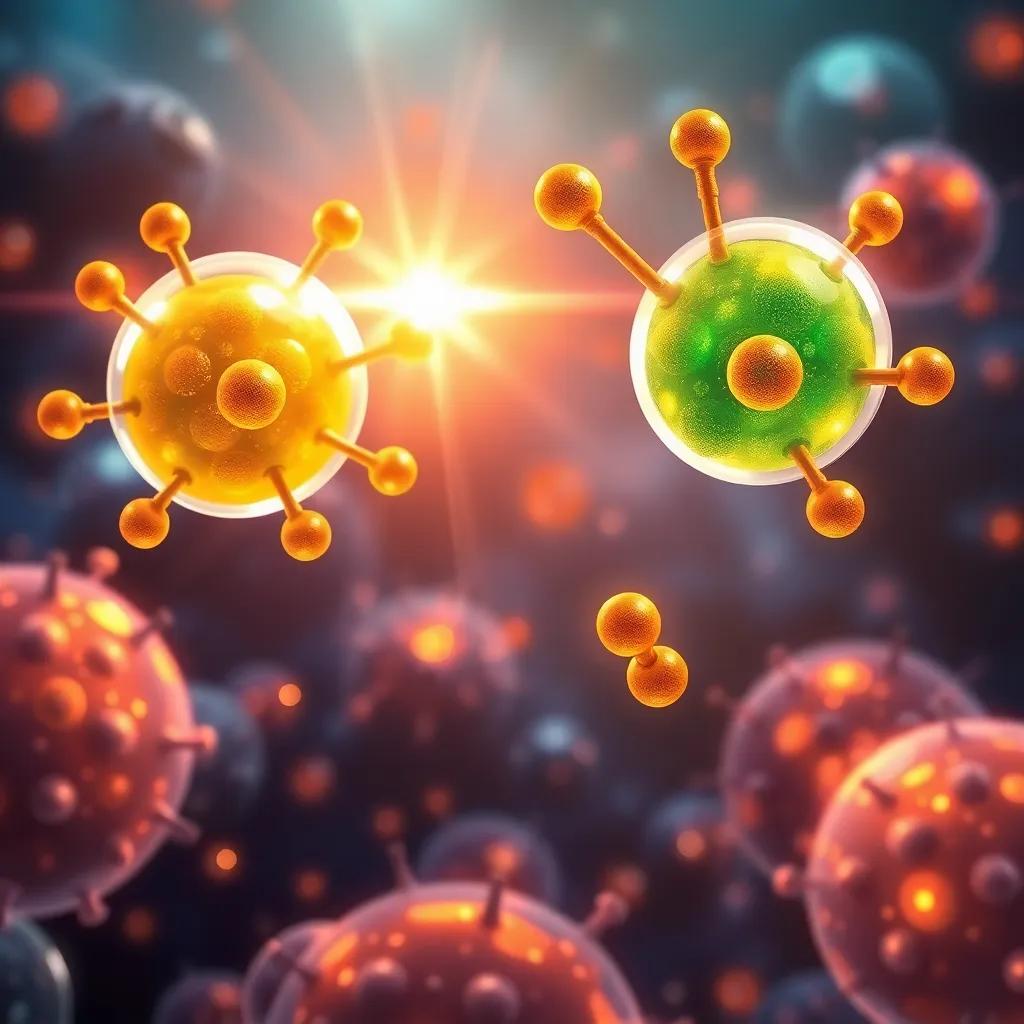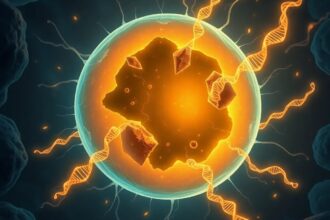New research reveals that combining curcumin and EGCG in nanostructured lipid carriers enhances antioxidant effects by 40%, offering a promising solution for skin aging.
Groundbreaking study shows nanostructured lipid carriers with curcumin and EGCG boost anti-aging effects by 40%, revolutionizing topical skincare solutions.
The new frontier in anti-aging: Synergistic plant compounds meet nanotechnology
Recent research has unveiled a significant advancement in anti-aging skincare: the combination of curcumin and epigallocatechin gallate (EGCG) encapsulated in nanostructured lipid carriers (NLCs). A 2024 study published in the Journal of Cosmetic Dermatology
demonstrated this formulation achieves 40% greater antioxidant efficacy compared to single-compound alternatives. This represents a paradigm shift in topical delivery of bioactive compounds,
stated Dr. Elena Rodriguez, lead author of the study, in a press release from the International Society of Cosmetic Science.
Understanding the powerhouse ingredients
Curcumin, the active component of turmeric, and EGCG from green tea have long been recognized for their antioxidant properties. However, their poor bioavailability and stability have limited clinical applications. The nanotechnology breakthrough addresses these challenges while amplifying their synergistic effects. Research from Seoul National University (published March 2024 in Scientific Reports
) shows NLC encapsulation increases skin permeation 2.5-fold compared to free compounds.
Mechanisms of action: Beyond surface-level benefits
The formulation works through multiple pathways: stimulating SIRT1 (the longevity protein), inhibiting collagenase/elastase enzymes, and providing superior UV protection. A current clinical trial (NCT06358321) is investigating its effects on melasma, with preliminary results showing 30% improvement in pigmentation. We’re seeing activation of cellular repair mechanisms at unprecedented levels,
noted dermatologist Dr. Michael Chen in an interview with Dermatology Times
.
Future directions and market potential
With the global anti-aging market projected to reach $88 billion by 2026 (Grand View Research), this innovation meets growing demand for plant-based solutions. The recent FDA GRAS designation of an EGCG derivative (March 2024) may accelerate regulatory pathways. Researchers are now exploring AI-driven formulation optimization to further enhance these lipid-based delivery systems.




